The Best New Business Podcast Right Now – June 2024

This blog dives into the world of business podcasts, offering insights from experts on topics ranging from community building and crypto to AI ethics and the evolving meaning of citizenship. Discover how to navigate the delicate art of self-promotion, explore the fascinating world of “QQ” in Asian food culture, and gain a deeper understanding of the complex relationship between national debt and economic growth. Get ready to be inspired, informed, and entertained as we explore the latest trends and thought-provoking conversations in the business world. Tune in to learn more!
The 10 Best Business episodes
The Intersection of Wealth, Happiness, and Community | David Meltzer |EP23
David Meltzer, a guest on the Entrepreneur DNA podcast, emphasizes the importance of community, giving, and finding happiness in the pursuit of your potential, sharing his personal journey and insights on how to achieve success.
David Meltzer, a guest on the Entrepreneur DNA podcast, discusses the power of community and its role in achieving success. He emphasizes that surrounding yourself with like-minded individuals who support and help each other is crucial for both personal and professional growth. Meltzer also addresses the importance of giving and receiving, challenging the common misconception that giving leads to receiving. He argues that the more you give, the more you are given, but you must be worthy of receiving and have faith in abundance. Meltzer shares his personal journey, highlighting the tough lessons he’s learned and how he’s overcome adversity. He emphasizes the importance of finding happiness in the pursuit of your potential, even when facing challenges. Meltzer encourages listeners to ask for help, be more interested than interesting, and be kind to their future selves. He also offers to give away his book, “Goodness: How to Manifest Everything in Life and Business,” to listeners who email him at david@demeltzer.com.
Rapid Response: Crypto’s new chapter, w/Crypto Council for Innovation’s Sheila Warren
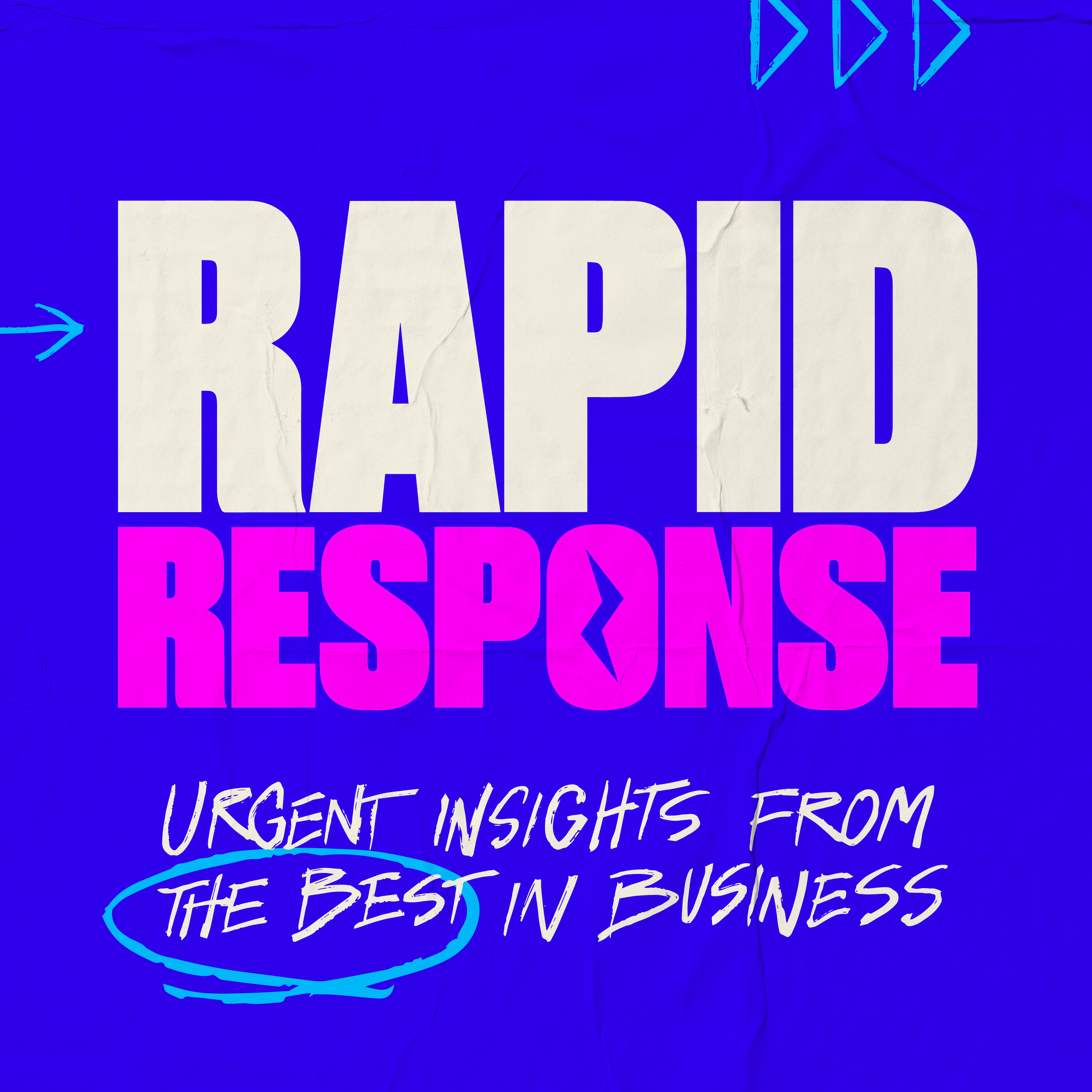
Sheila Warren, CEO of the Crypto Council for Innovation, discusses the state of crypto today, the recent bipartisan crypto bill passed by the US House, and how crypto is impacting the presidential election.
Sheila Warren, CEO of the Crypto Council for Innovation, joins the show to discuss the current state of crypto. She shares her insights from the recent Consensus conference in Austin, where she observed a shift in the mood from the previous crash. While the enthusiasm for a rising bull market is more tempered, there’s a growing bipartisan understanding that crypto is here to stay. Warren highlights the recent passage of a bipartisan crypto bill in the US House, Fit 21, which aims to clarify the regulatory environment around digital assets. She emphasizes the significance of this bill, noting that it’s a massive accomplishment and demonstrates tremendous progress in a Congress where bipartisan action is rare. Warren also discusses the political landscape surrounding crypto, particularly the evolving positions of both the Democratic and Republican parties. She argues that the Democratic Party should not be defined as anti-crypto, given that 20% of Americans across all demographics hold crypto. Warren concludes by emphasizing the importance of understanding the technology beyond the price fluctuations and highlighting the potential of Web3 to restructure the internet and empower individuals with greater control over their data. She uses the example of the Scarlett Johansson Open AI dispute to illustrate the need for a more user-centric internet where intellectual property rights are better protected.
Sunday Pick: What really went down at OpenAI and the future of regulation w/ Helen Toner
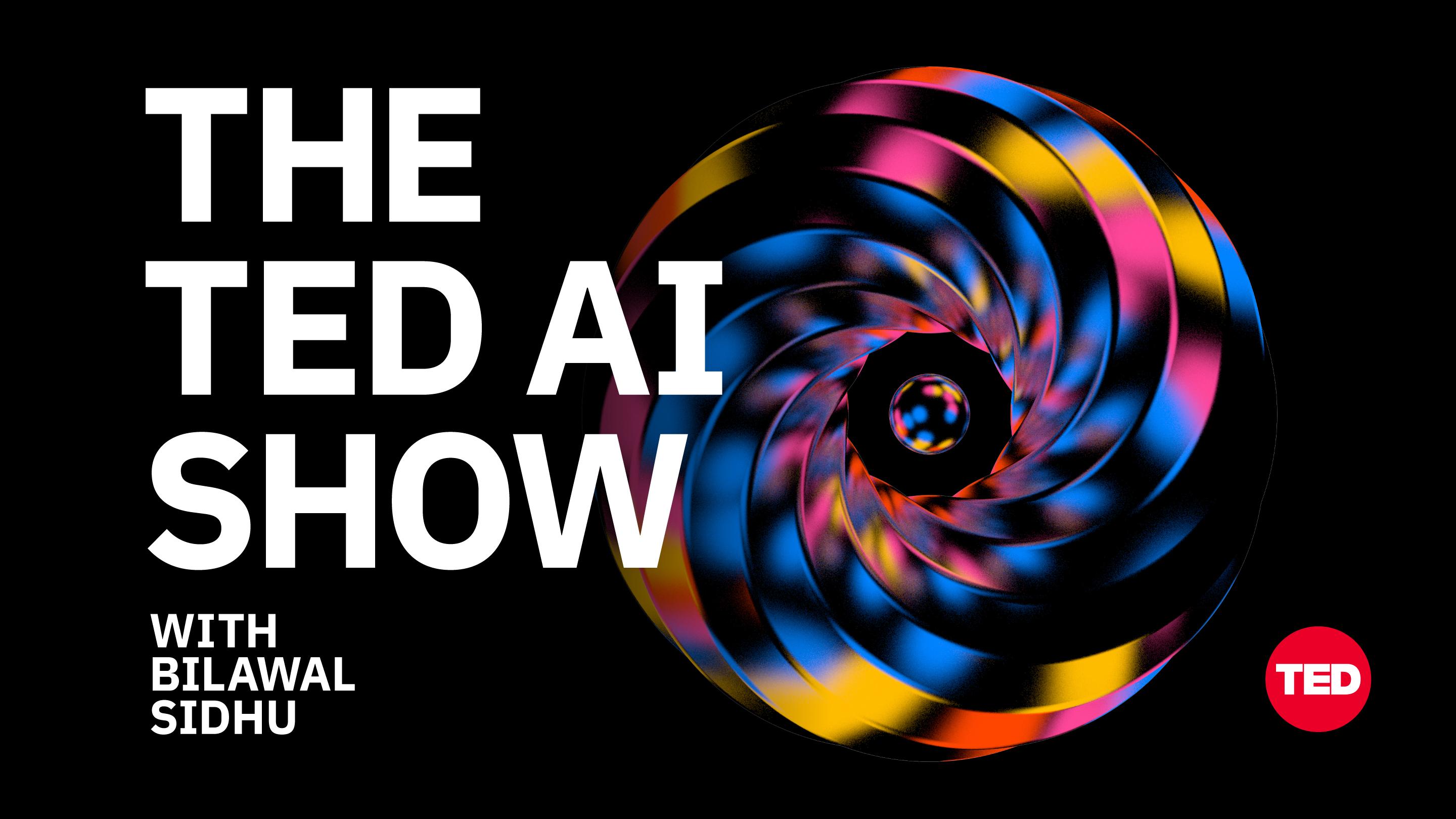
This episode of the Ted AI Show explores the OpenAI saga, featuring an interview with former OpenAI board member Helen Toner, who reveals the reasons behind Sam Altman’s firing and rehiring, and discusses the need for AI regulation.
This episode of the Ted AI Show delves into the OpenAI saga, focusing on the firing and subsequent rehiring of CEO Sam Altman. Helen Toner, a former OpenAI board member and AI policy expert, provides a detailed account of the events, highlighting Altman’s alleged withholding of information, misrepresentation of company activities, and even outright lying to the board. Toner emphasizes the importance of independent oversight and the need for external regulations to ensure responsible AI development. The episode also explores the challenges of regulating AI, including its rapid evolution, the lack of consensus among experts, and the influence of powerful tech companies. Toner argues that while AI has the potential to solve global problems, it also poses significant risks, particularly in areas like surveillance and scams. She emphasizes the need for societal adaptation and encourages individuals to engage with the technology, forming their own opinions and advocating for responsible AI development.
How to imagine a better future for democracy | adrienne maree brown and Baratunde Thurston
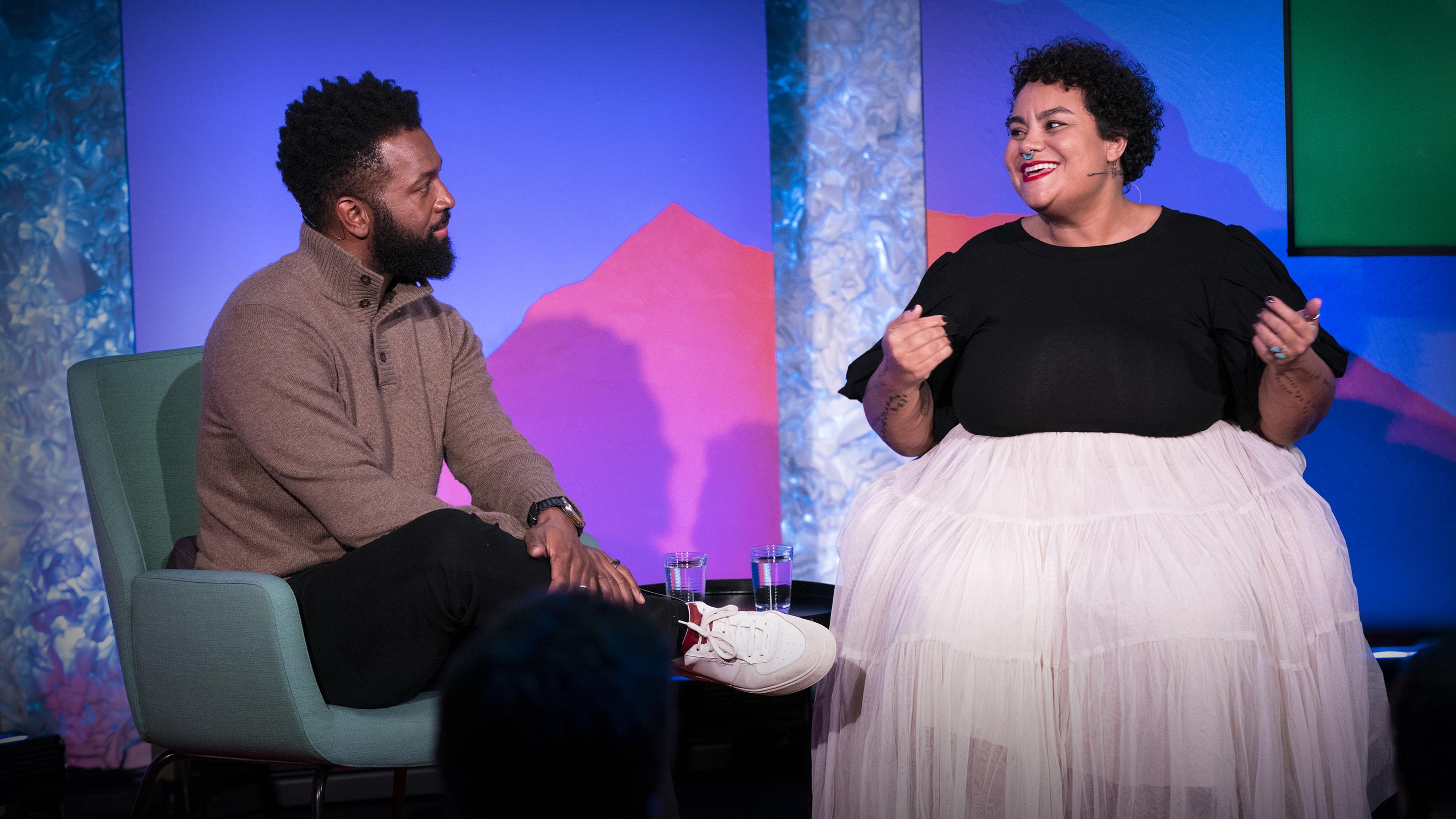
Adrian Marie Brown and Baratunde Thurston discuss the evolving meaning of “citizen” in a world facing climate change, systemic injustice, and the need for global community.
Adrian Marie Brown and Baratunde Thurston, two writers deeply invested in the concept of citizenship, engage in a conversation about the evolving meaning of “citizen” in a world facing climate change, systemic injustice, and the need for global community. Brown emphasizes the importance of “citizen” as a verb, highlighting four principles: showing up, understanding power, committing to the collective, and investing in relationships. Thurston, drawing on complexity science, views citizenship as a fractal of belonging, emphasizing the interconnectedness of individuals, communities, and the planet. Both acknowledge the gap between what people want and what governments do, highlighting the need for systemic change and individual transformation. They emphasize the importance of collective care and repair, advocating for a shift from leadership to facilitation, and the need to acknowledge the death of old democracies while celebrating the birth of new ones. The conversation concludes with a call to embrace the practice of imagination and to tell the story of a world where we can live in harmony with each other and the planet.
Your right to repair AI systems | Rumman Chowdhury
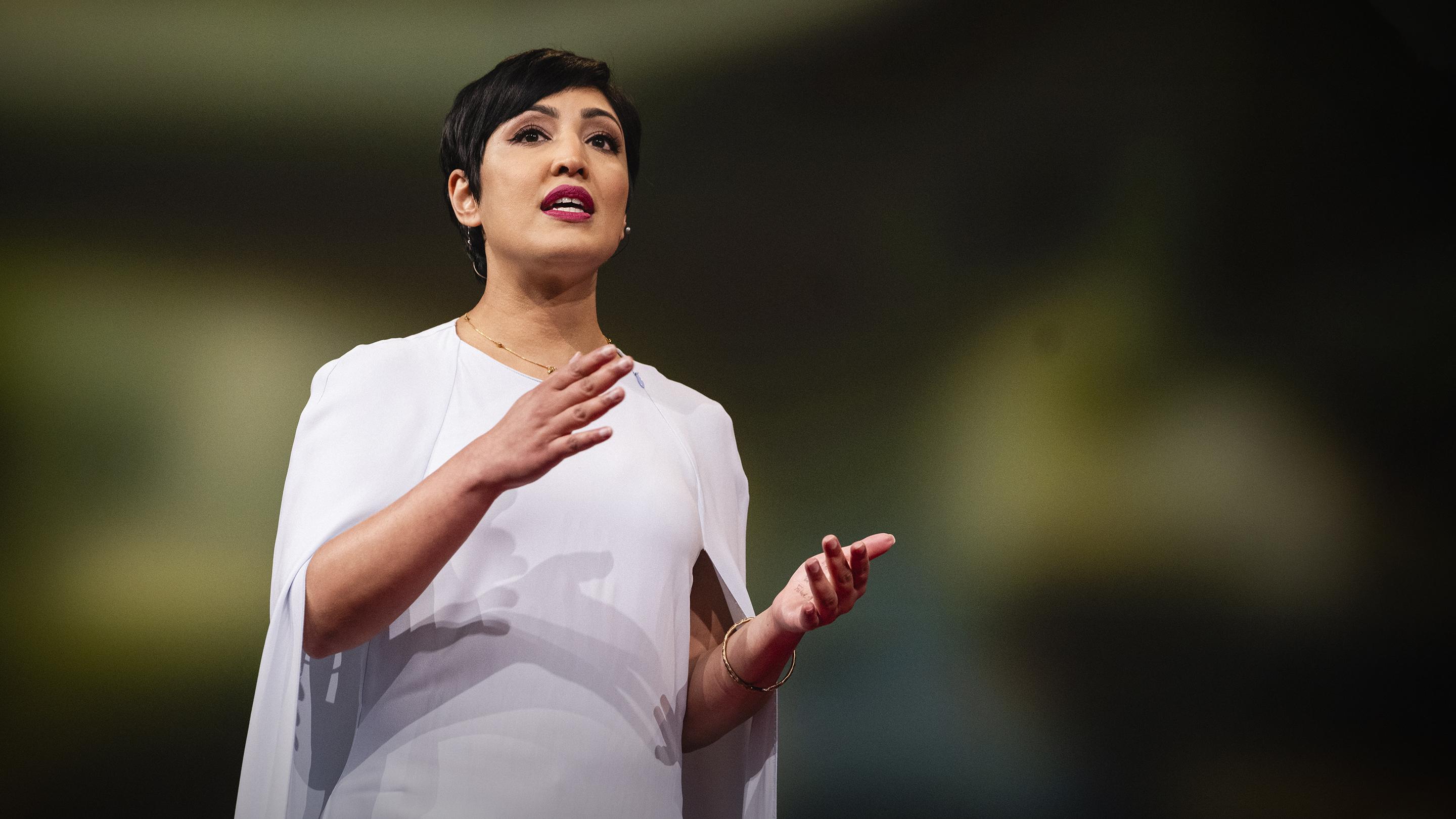
Ruman Chowdry argues that we need a “right to repair” for AI systems, allowing people to understand, fix, and improve them, to ensure trust and benefit from the technology.
This TED Talk explores the need for a “right to repair” for AI systems, drawing parallels to the fight for farmers to repair their own John Deere tractors. The speaker, Ruman Chowdry, highlights the growing disconnect between AI development and public trust, with people feeling alienated and concerned about the technology’s impact on their lives. He argues that AI systems are increasingly dominating our lives, yet we lack control over them. Chowdry proposes “red teaming” as a solution, where external experts are brought in to test and improve AI systems, ensuring they are safe and beneficial. He emphasizes the importance of involving people in the development process, allowing them to understand and influence how AI interacts with their world. Chowdry believes that a “right to repair” for AI is crucial for building trust and ensuring that the technology benefits everyone. He envisions a future where people can run diagnostics, report issues, and even learn to program and fine-tune AI systems themselves. This approach, he argues, is essential for realizing the full potential of AI and ensuring its responsible development.
The difference between false empathy and true support | Chezare A. Warren
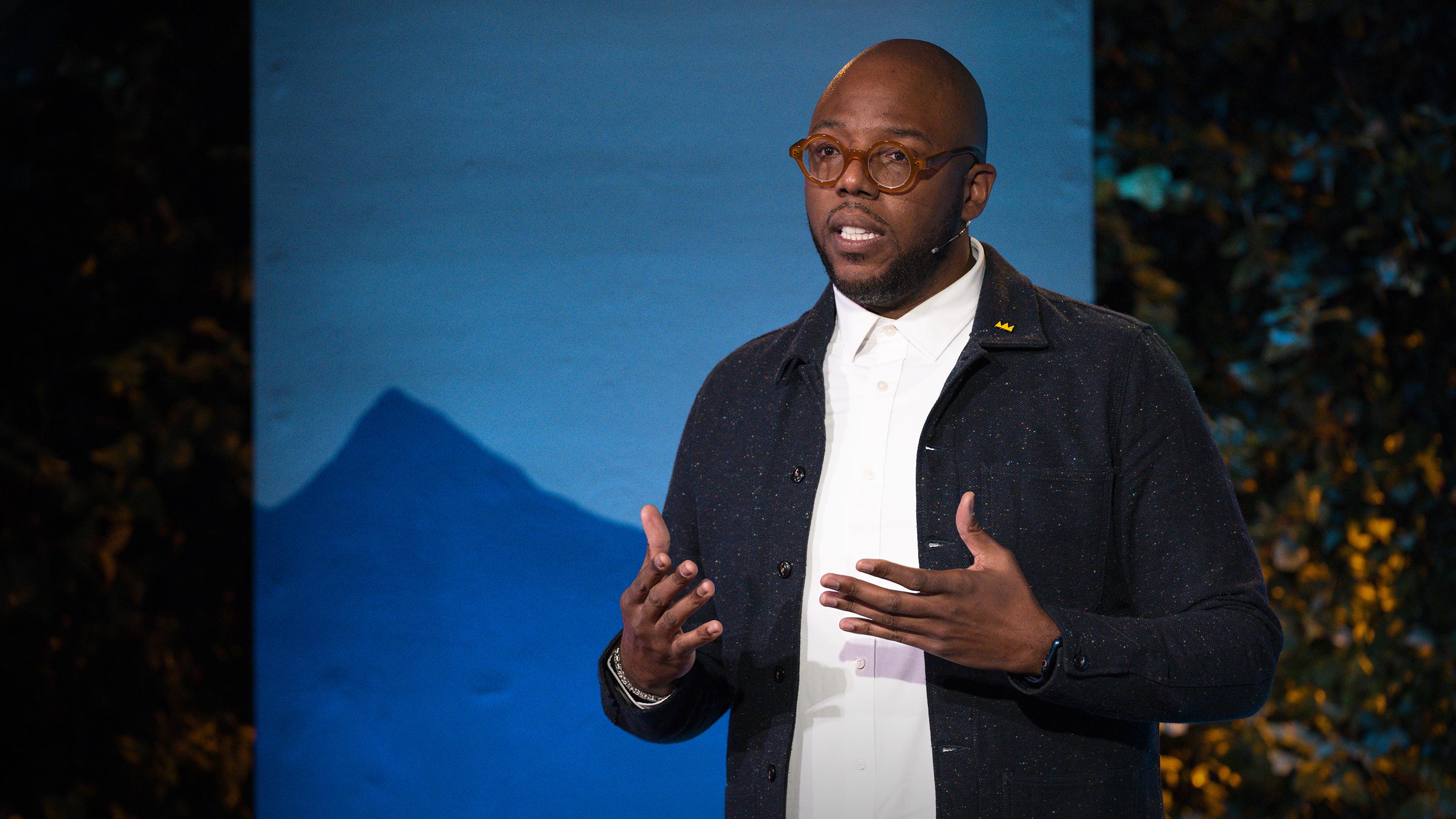
Chesare Warren, a Vanderbilt professor, discusses the concept of “false empathy” in education, highlighting how well-intentioned teachers can unintentionally fail to truly understand and support their diverse students, particularly Black boys.
Chesare Warren, a Vanderbilt professor and former eighth-grade math teacher, explores the concept of “false empathy” in education. He argues that while many educators strive to be empathetic, they often fall short due to a lack of understanding of their students’ experiences. Warren draws on the work of Eileen O’Brien, who describes white anti-racists struggling to build genuine relationships with people of color. O’Brien attributes this to a “perception gap” where white individuals view racism as a historical issue, while people of color experience ongoing discrimination. Warren connects this to the educational landscape, where a predominantly white teaching force faces a increasingly diverse student population. He observes how Black boys, often mislabeled as disengaged, are in need of more patience and care. Warren emphasizes the importance of “perspective-taking” – actively understanding the perspectives of others – as a crucial element of genuine empathy. He suggests that teachers should strive to de-center themselves, listen attentively, and engage in meaningful dialogue. Warren concludes by highlighting the iterative nature of empathy, emphasizing that actions should be informed by feedback and a willingness to learn and adapt.
AEE: We Don’t Mean to Brag but This Episode Is to Die For
This episode of the All-Ears English Podcast explores different ways to talk about self-promotion in a social context, providing five phrases to use when you want to share your accomplishments without sounding boastful.
This episode of the All-Ears English Podcast focuses on self-promotion in a social context, offering five phrases to help listeners navigate the delicate balance between sharing their achievements and avoiding sounding boastful. The hosts, Lindsay and Michelle, discuss the nuances of phrases like “I don’t mean to brag,” “not to toot my own horn,” “pat oneself on the back,” “gloat,” and “boast.” They emphasize that these phrases are best suited for casual conversations with friends, where a playful tone is appropriate. The episode concludes with a roleplay demonstrating how these phrases can be used in everyday situations, highlighting their effectiveness in softening self-promotion and creating a more comfortable atmosphere. Listeners are encouraged to try out these phrases in their own conversations and to leave a review of the podcast.
AEE 2211: Ouch! How to Respond to Physical or Emotional Pain in English
This episode of the All-Ears English Podcast explores the word “ouch” and its various uses, from expressing physical pain to conveying emotional hurt, and discusses its origins and how it can be used in different contexts.
This episode of the All-Ears English Podcast delves into the word “ouch” and its multifaceted uses. Hosts Lindsay and Michelle discuss the word’s origins, tracing it back to the 1830s and possibly a borrowing from German. They explore how “ouch” is used to express both physical and emotional pain, providing examples of its usage in different situations. They also discuss the word’s informality and how it might be perceived in different workplaces. The episode concludes with a role-play demonstrating how “ouch” can be used in a casual conversation, highlighting its versatility and connection to human experience. The hosts emphasize the importance of small words like “ouch” in building connection and fluency in English.
AEE 2210: What is QQ? How to Connect Over Asian Food in English
This episode of All Ears English explores the concept of “QQ” in Asian food culture, explaining its meaning and providing vocabulary and phrases to discuss it in English.
This episode of All Ears English delves into the fascinating world of “QQ” in Asian food culture. Hosts Aubrey and Lindsey discuss the meaning of “QQ” as a descriptor for chewy, elastic textures found in popular Asian foods like mochi and boba. They provide a comprehensive vocabulary list for describing these textures in English, including words like “chewy,” “elastic,” “firm,” and “springy.” The hosts also offer practical phrases for initiating conversations about Asian food, such as asking about favorite Asian restaurants or Asian grocery stores. They emphasize the importance of connecting with others through shared interests, like food, and encourage listeners to use these tools to spark engaging conversations. The episode concludes with a roleplay demonstrating how to naturally incorporate these vocabulary words and phrases into a conversation about a local Asian restaurant.
How much national debt is too much?

This Planet Money episode explores the complex relationship between national debt and economic growth, examining the debate surrounding the impact of high debt levels and whether there’s a tipping point where debt becomes detrimental.
This episode of Planet Money delves into the ongoing debate surrounding the relationship between national debt and economic growth. The discussion centers around a 2010 paper by Carmen Reinhart and Kenneth Rogoff, which suggested a correlation between high debt levels (above 90% of GDP) and slower economic growth. The paper sparked controversy, with some economists arguing that the 90% threshold was arbitrary and that other factors could influence growth. The episode explores the complexities of this relationship, highlighting the difficulty in determining a definitive causal link between high debt and slow growth. It also examines the role of interest rates and the potential for crowding out private investment. The episode concludes by acknowledging that while the debate surrounding the impact of high debt continues, the current economic climate, with rising interest rates and a growing national debt, makes the issue increasingly relevant.
What is the Entrepreneur DNA podcast about?
The Entrepreneur DNA podcast focuses on business and entrepreneurship, featuring interviews with successful individuals who share their insights and experiences.
What is the main takeaway from David Meltzer’s interview on the Entrepreneur DNA podcast?
Meltzer emphasizes the importance of community and giving in achieving success, arguing that surrounding yourself with supportive individuals and giving generously leads to greater personal and professional growth.
What is the significance of the bipartisan crypto bill, Fit 21, discussed in the Entrepreneur DNA podcast?
Fit 21 is a significant step towards clarifying the regulatory environment for crypto in the US, demonstrating progress in a Congress known for its partisan divides.
What are the key concerns raised by Helen Toner regarding OpenAI’s handling of its AI development?
Toner highlights concerns about Altman’s alleged lack of transparency, misrepresentation of company activities, and the need for independent oversight and external regulations to ensure responsible AI development.
What is the main argument presented in the TED Talk about the “right to repair” for AI systems?
The speaker argues that AI systems are increasingly dominating our lives, yet we lack control over them, and proposes a “right to repair” to ensure AI is safe, beneficial, and accessible to everyone.

Top 10 True Crime Podcasts

The 9 Best Pokemon Podcasts To Help You Catch Em All
Table of contents:
- The Intersection of Wealth, Happiness, and Community | David Meltzer |EP23
- Rapid Response: Crypto’s new chapter, w/Crypto Council for Innovation’s Sheila Warren
- Sunday Pick: What really went down at OpenAI and the future of regulation w/ Helen Toner
- How to imagine a better future for democracy | adrienne maree brown and Baratunde Thurston
- Your right to repair AI systems | Rumman Chowdhury
- The difference between false empathy and true support | Chezare A. Warren
- AEE: We Don’t Mean to Brag but This Episode Is to Die For
- AEE 2211: Ouch! How to Respond to Physical or Emotional Pain in English
- AEE 2210: What is QQ? How to Connect Over Asian Food in English
- How much national debt is too much?
- What is the Entrepreneur DNA podcast about?
- What is the main takeaway from David Meltzer’s interview on the Entrepreneur DNA podcast?
- What is the significance of the bipartisan crypto bill, Fit 21, discussed in the Entrepreneur DNA podcast?
- What are the key concerns raised by Helen Toner regarding OpenAI’s handling of its AI development?
- What is the main argument presented in the TED Talk about the “right to repair” for AI systems?
